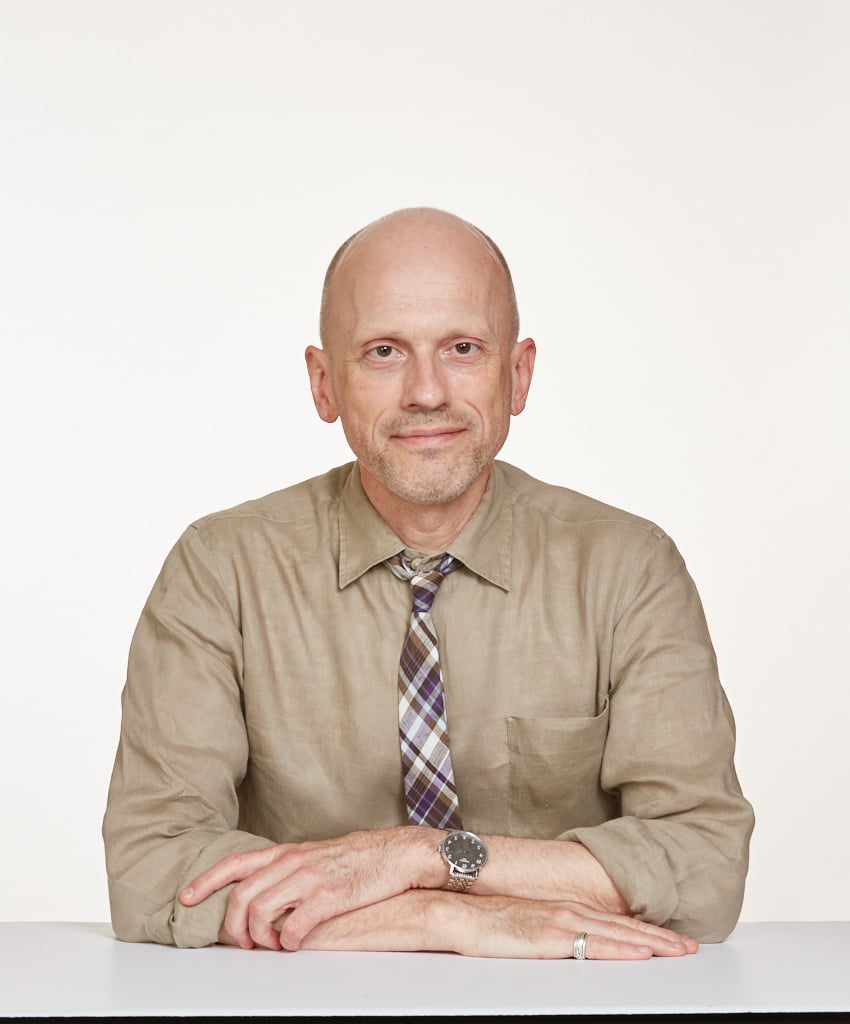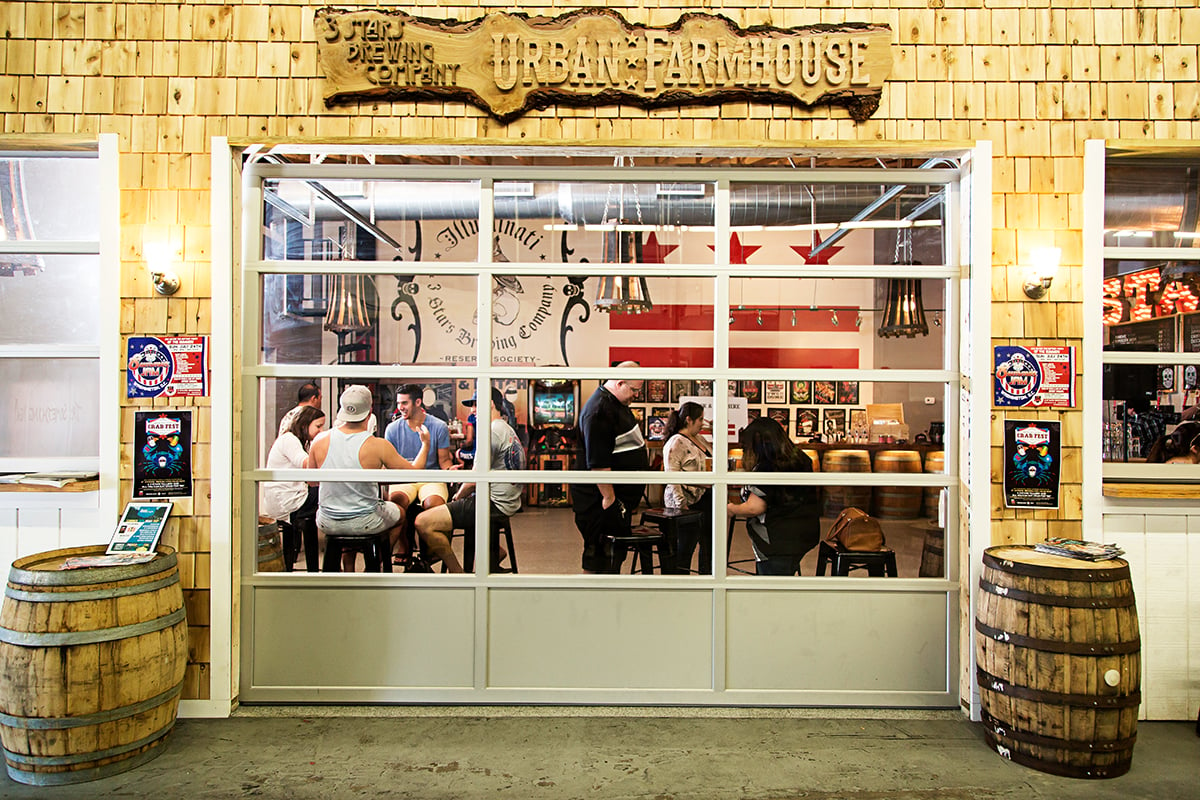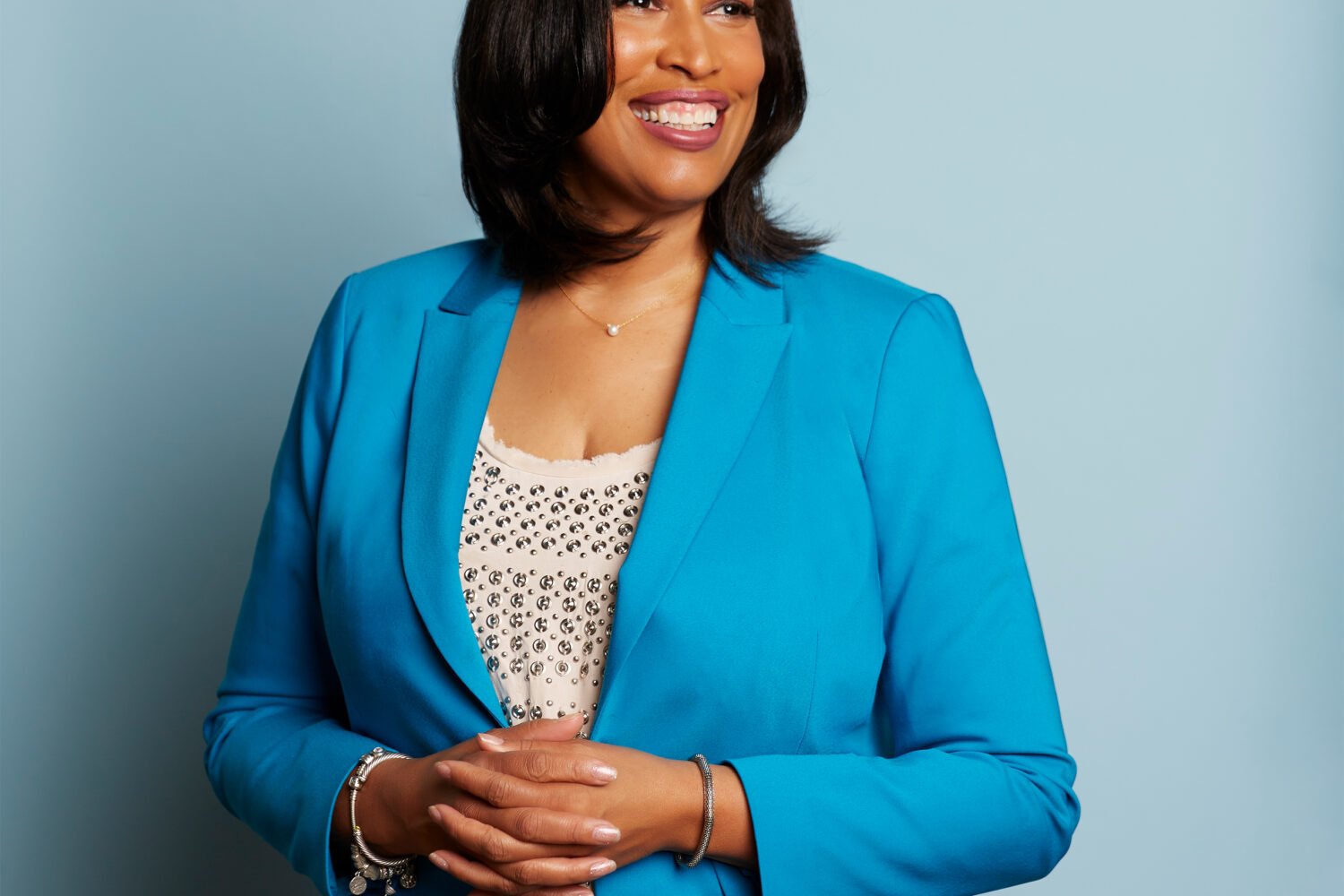If the biography of a 17th-century scientist who founded geology doesn't sound riveting, a book out this month may change your mind. Gaithersburg author Alan Cutler has written The Seashell on the Mountaintop: A Story of Science, Sainthood, and the Humble Genius Who Discovered a New History of the Earth.
It's a gracefully written account of Nicolaus Steno, a Danish anatomist whose dissection of a shark led him to prove that "stones" found far from the ocean were fossilized sharks' teeth–in turn leading to an evolutionary concept of the earth. Steno later abandoned science for the priesthood.
Cutler, who grew up in Bethesda, is a research associate at the Smithsonian. Here's a conversation with him:
What do science and religion have to say to each other?
One thing that's struck me is how intimately connected they are. To understand Western science, you need to have some understanding of Western religion.
The different approaches to science that people took then seem related to different concepts of God. People who focused on God as all-wise and omniscient tended to approach things in a theoretical way, thinking that if we can figure out the most logical way for things to be, that would be the way God did it. The others, who put more emphasis on God's omnipotence–he could do whatever he wanted–tended to be more empirical: Even if it doesn't make sense to us, if that's the way it is, that's the way God did it. You still see this division among scientists.
It seems that the competition among scientists of Steno's time could rival anything today.
Absolutely. Just like now, when people are competing for funding, people back then were competing for the attention of patrons and the glory of being the first to discover this or that. Some of the competition was pretty dirty. There's the story of Steno's discovery of the duct that supplies saliva to the mouth and the guy who was his host taking credit for it. A lot of graduate students will read that section and say, "That's what happened to me!"
Steno was modest. How would he survive trying to make his mark today?
It would depend on the field. Some fields are cutthroat, and others aren't. I'm a geologist and paleontologist–there's no Nobel Prize in paleontology. Of course, there are egos everywhere, but it doesn't attract the real cutthroat type–except for human paleontology. That's a very high-profile field.
The reason he left science for religion is complicated, but I think he was disappointed in the competitiveness–and the competitiveness it brought up in him.
When he became a priest and was working in Germany, there was a lot of corruption there as well. He was an idealistic guy who wanted to be in an idealistic community, but he never found that.
What's it like to immerse yourself in someone's life for two years?
It was great to devote myself to a project like this, but I felt pretty isolated. I was spending all my time with dead people.
You can get obsessed with minute details. If you find out what someone ate for dinner one night, that's a concrete thing that connects you: On this day he ate this. You say, "This is great–I found this out." Then you realize, well, I'm not going to put it in the book.
GET THE SENATOR A DRAMAMINE
"[Senator] Harris looked even younger than most, with the faintly deranged perkiness of a Dan Quayle or a John Kasich. It was hard for him to look grown-up and serious as he presented some amendment he didn't understand to help some constituents he didn't care about. He was just finishing his prepared remarks about it, and he had the relieved look of a school kid who has delivered his book report without throwing up."
–from Man About Town by Mark Merlis, a novel out this month about a gay congressional adviser obsessed with locating a fantasy figure from his youth.
WHAT ELSE IS NEW
In THE CLINTON WARS, SIDNEY BLUMENTHAL tells what it was like to go from journalist to presidential adviser and back.
Joyce M. Davis, a foreign editor at Knight Ridder newspapers here, examines religious zealotry and violence in Martyrs: Innocence, Vengeance and Despair in the Middle East.
Black Fathers: A Call for Healing by Great Falls' Kristin Clark Taylor is a follow-up to Black Mothers: Songs of Praise and Celebration. Taylor's reflections on fatherhood are mixed with other people's stories and inspirational quotes.
Local Newsweek editor and pundit Evan Thomas offers John Paul Jones: Sailor, Hero, Father of the American Navy.
John Feinstein zeroes in on golf's main event in Open: Inside the Ropes at Bethpage Black, a look at the 2002 US Open, the first played on a public course.
ON THE HORIZON
Look for these titles in june:
Anne Edwards–whose subjects have included Princess Diana and Katharine Hepburn–turns her lens on a former first couple in The Reagans: Portrait of a Marriage.
Annapolis author Brian VanDeMark's Pandora's Keepers: Nine Men and the Atomic Bomb is a biography of the Manhattan Project scientists.
John S.D. Eisenhower remembers his father, the former president, in General Ike: A Personal Reminiscence.
DC journalist and author John Maclean follows up Fire on the Mountain with Fire and Ashes, another narrative of wildfires and those who fight them. Maclean's father, Norman, wrote the classics A River Runs Through It and Young Men and Fire.
Vienna journalist Tim Wendel offers The New Face of Baseball: The One-Hundred-Year Rise and Triumph of Latinos in America's Favorite Sport.
Loose Lips by Claire Berlinski is a comic novel about a young woman who goes to work for the CIA and falls in love with a mysterious colleague.
Bethesda's Eric Dezenhall, whose first novel was Money Wanders, has written a second, set in Atlantic City, Jackie Disaster. That's the main character's nickname.
Former CNN correspondent Michele Mitchell capitalizes on her Hill experience in The Latest Bombshell, a novel about a female political consultant who is drawn into a scandal.
In The Dogs of Babel, a novel by DC's Carolyn Parkhurst, a man tries to teach his dog to communicate in order to find out about his wife's death, which the animal witnessed.
RITES OF PASSAGE
It's the season for graduations, proms, and weddings, so we asked people about favorite coming-of-age stories.
Judith Viorst, DC author of many books for children and adults, the latest of which is Grown-Up Marriage: What We Know, Wish We Had Known, and Still Need to Know About Being Married: "You might argue that he's a bit over the age limit, but Hans Castorp's touching and heroic struggle to understand the world of ideas and the world of love makes Thomas Mann's The Magic Mountain my choice."
Mitzi Yates, principal of the District's Duke Ellington School of the Arts: "The Nancy Drew series. I loved her sense of adventure and her fearlessness–she was always ready to tackle things head-on. There was a mystery about her. And you have to hold on to your mystery as a woman–you can't give it all away."
Howard Shalwitz, artistic director of DC's Woolly Mammoth Theatre: "Cooking With Elvis, a British play by Lee Hall–available as a book–centers on an overweight, cooking-obsessed teen named Jill. Her wheelchair-bound father has hallucinations about being Elvis Presley, and her mother brings home a young man for sex. It's hilarious, smutty, strange, but big-hearted. It chronicles not only Jill's loss of virginity but her acceptance that the joys and sorrows of life are inextricably linked."
"YOU'VE GOTTA READ THIS"
PETER BEINART, editor of the New Republic, suggests J.M. Coetzee's Disgrace: "It's the first great novel about post-apartheid South Africa. It has deep, universal insights into the way power shifts in a society."
Kitty Kelley, celebrity biographer currently writing a book on the Bush dynasty, suggests Mrs. Dalloway by Virginia Woolf and The Hours by Michael Cunningham: "Two books to be treated as one great read–and absolutely in that order. Otherwise you'll miss the brilliant creativity of Cunningham's homage to Woolf."
DIANE REHM ON TV?
Radio host DIANE REHM'S TOWARD COMmitment: A Dialogue About Marriage–a frank account of relationship issues written with husband John Rehm–was published last fall and is in its fifth printing. The authors have been drawing crowds, and there's talk of what Diane calls "some kind of TV affiliation." A series? "It could be that something develops out of this for TV," she says, "but it's so vague at this point. If it does come about, we'd be very excited."

















